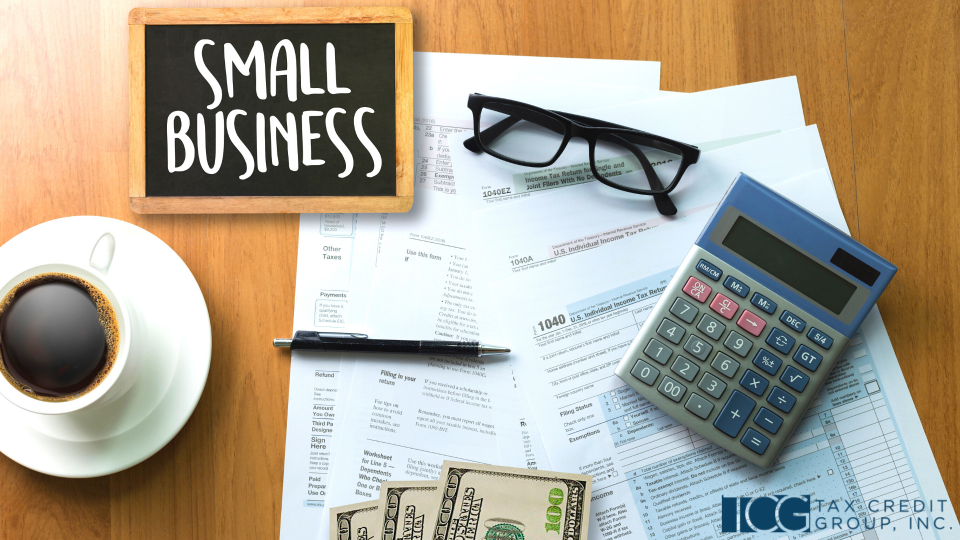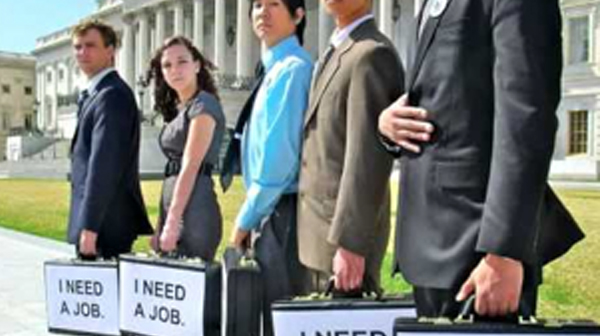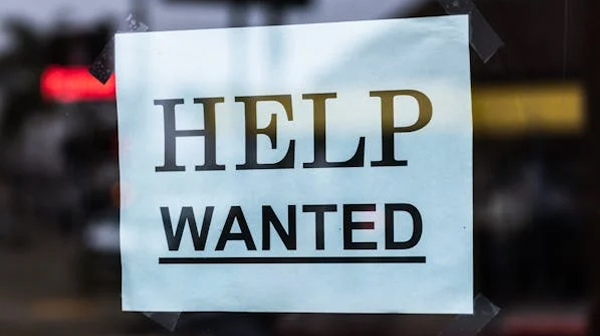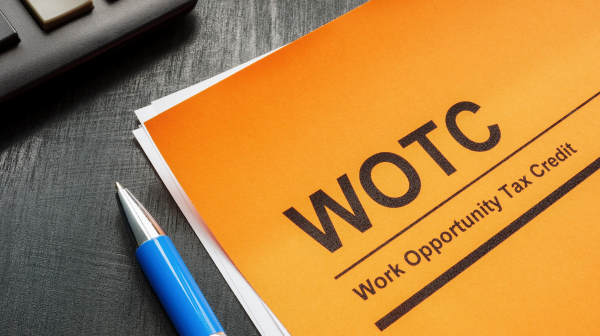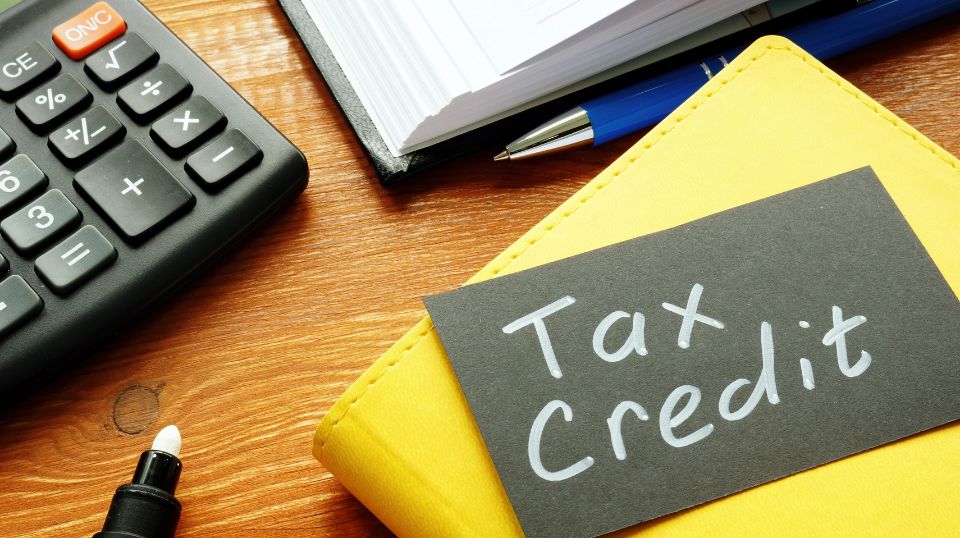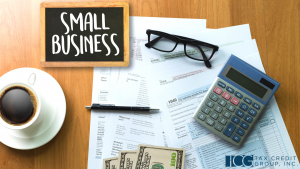 When the CARES Act was announced, it ignited a glimmer of hope within the small business community. Many companies were either closed or saw their revenue drop drastically as a result of the novel coronavirus.
When the CARES Act was announced, it ignited a glimmer of hope within the small business community. Many companies were either closed or saw their revenue drop drastically as a result of the novel coronavirus.
But hope quickly disappeared as major corporations found a way to access the money that was meant for America’s small businesses. The money within the Paycheck Protection Program (PPP) quickly disappeared. Just days after the program was put into action, it ran out of money.
The federal government replenished the funds when it realized large corporations like Shake Shack ($10 million) and Ruth’s Chris ($20 million) were receiving funds while small mom and pop shops missed out. Both Shake Shack and Ruth’s Chris have since said they will not accept the money, however, the move brought attention to a large loophole in the PPP legislation. The ability of large corporations to access PPP funds.
The False Claims Act
And that leads us to the False Claims Act.
The False Claims Act, according to Cornell Law School, is “Federal statute setting criminal and civil penalties for falsely billing the government, over-representing the amount of a delivered product, or under-stating an obligation to the government. The False Claims Act may be enforced either by the Justice Department or by private individuals…”
It’s a law, that if used, would allow the federal government to pursue criminal and civil penalties against any company that misuses the PPP.
Should a Small Business Owner Be Worried?
This week, headlines like “For PPP recipients: You may be the subject to whistleblower lawsuits under false claims law” showed up in publications like the Witchita Business Journal.
The article is at least in part “clickbait” since it’s designed to get you to pay for a subscription so you can read the article. However, the crux of the argument is founded in truth.
US Secretary of the Treasury Steven Mnuchin has made multiple comments about the loans issued through the PPP and has promised that people taking advantage of the PPP will face “severe consequences”. He’s also promised that loans of $2 million or more will be audited before the government decides if it will forgive the loan amount. Mnuchin has also tossed around the words “criminal liability”.
Of course, you should be worried if you knowingly and deliberately defrauded the federal government. However, most small business owners are probably too small in the eyes of the government to warrant prosecution.
The comments from Mnuchin and the False Claims Law itself were designed for large corporations and businesses taking advantage of the federal government. Odds are, the government will not be pursuing you if you managed to secure a $10,000 PPP loan.
What if I’m Still Worried?
If you’re still worried and you want to find out more, the IRS and Small Business Administration (SBA) are trying to keep you informed. The Treasury Department has issued an entire document of FAQs to address concerns of borrowers. You can read it here.
Don’t Be Afraid to Ask for Help
We here at the Tax Credit Group have spent hours upon hours looking at, analyzing, and evaluating the CARES Act as well as all the legislation and updates that have come from the IRS, the SBA, and other government agencies. We are keeping up with the headlines and the rules and regulations behind those headlines.
If you’re a small business owner and you find yourself in doubt, please don’t hesitate to reach out to us here and ask a few questions. We would be happy to answer them or at least research until we have an answer. There’s a lot of material out there right now and a lot of changes and we want to make sure our clients, our friends, and our family stay informed.
